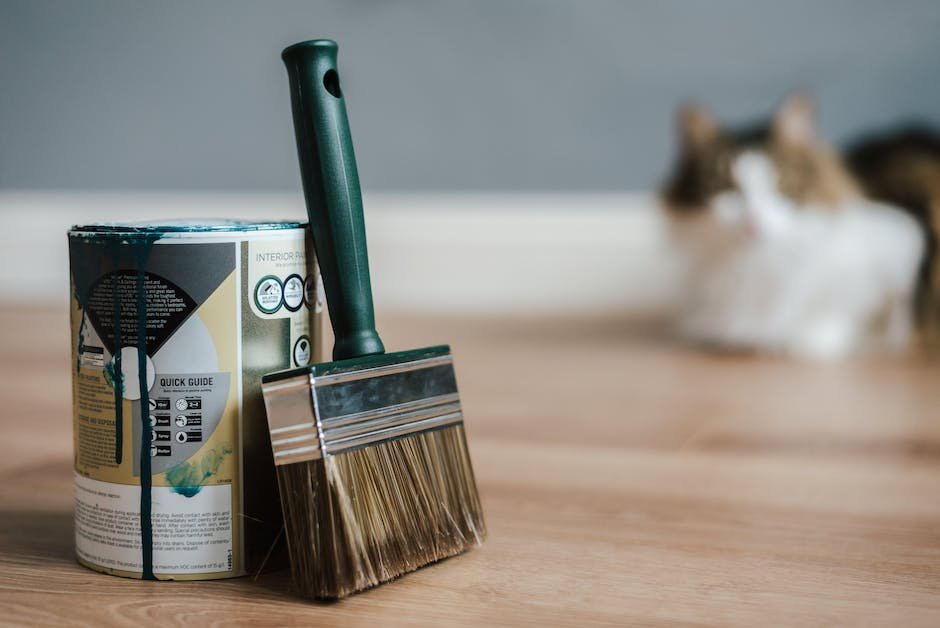Horses are large, powerful animals that can cause death due to their size or strength. A horse’s feet are designed for running, so they must be trained properly to prevent them from kicking you. Fortunately, it is not very likely that a horse will get kicked by another animal unless provoked or if someone steps in between the horses to make them fight.
When a horse gets excited, his muscles contract and become tight. This happens especially when he is stimulated either physically or emotionally. When a horse is agitated or angry, he can develop a sudden strong urge to kick. It is important to know how to avoid being mounted or approached by a horse during this time as well as what to do in case of an unexpected kick.
This article will discuss some helpful tips on how to avoid getting kicked by a horse, as well as something that you should definitely watch out for while riding a horse.
Reasons why a horse kick can kill
Many people get hurt riding a horse because they are not ready to experience it yet. Some may be too casual about getting onto the horse or performing maneuvers like reining, dressage, or show jumping.
Another reason is that riders underestimate how strong some horses really are. A few bad experiences can affect your perception of strength.
A third cause is when an inexperienced rider tries to use their seat or leg control as a protective measure in case of attack. This could make the horse more aggressive than usual towards other animals or humans.
When a horse gets agitated or scared, it can develop a fear of certain things such as saddle blankets or textures, cars, dogs, or people. These fears sometimes grow stronger and longer lasting when there’s a reason for the animal to feel threatened.
For example, if a car cuts you off, your dog might be hungry, so it could become motivated to chase after food because it feels threatened by the car. If someone steps on his foot, he could respond with a kick. All these factors could come together and result in a deadly situation for yourself or another being involved.
Preventing horse kicks

Sometimes horses get really angry or irritated, which is why they can sometimes kick their riders or other people. If this happens to you as an observer or a rider, there are some helpful tips that we will discuss here!
It is very important to stay calm and still when your horse gets agitated. This takes practice, but eventually you will be able to reduce the stress for both of you and help your horse relax.
Some things that may contribute to your horse getting nervous or excited include changes in temperature, noises, and smells. Make sure to keep these areas neutral so your horse does not become more stressed out.
If possible, try to distract your horse by offering him toys or food to play with. Or take your horse somewhere else where he feels safer.
Another way to prevent horse-related injuries is to learn how to ride correctly. By practicing our basics every few days, this will ensure that your horse is happy to spend time with you and under you, preventing it from developing bad habits.
Once again, remember that it took years for your horse to gain trust and feel comfortable around others, even if they were much younger than him. Take care of him and he’ll take care of you.
Know the signs of a horse kick
A horse strike or “kick” happens when a horse rears up on its back legs, usually due to fear or anger. This is typically done at about six feet tall for average horses.
The rider may be thrown off the animal in this situation and hurt badly. If you see a horse rear up it could mean that it has sensed something it did not like and wanted to defend itself.
It can also be caused by things such as being hit with the stick side of the reins which causes your hands to slip, or getting pinched between the bit and the horse’s mouth causing discomfort.
Know the symptoms of a horse kick

A horse-kick can happen to anyone at any time, even inexperienced riders. Because they occur so quickly, most people don’t know what happened until afterwards.
Many people are afraid of horses, which makes it more likely that their fear will grow stronger after a horse-kick. This could make them hesitate or even provoke the horse into kicking again.
It is very important to understand the difference between a normal horse gait and a warning sign of a horse-kicking incident. If you notice something strange about your horse, talk to your vet right away!
Don’t worry if the horse does not seem particularly angry before the accident happens. Many things can cause a normally calm horse to become agitated, including noises, other animals, and changes in terrain.
Get CPR certified
More than half of all fatal horse-related accidents happen at facilities with trained professionals that include Certified Professional Riders (CPRs). These riders are professional animal users, which means they have undergone extensive training in handling horses and riding them under controlled conditions.
In fact, according to the National Safety Council (NSC), more people die from their own lack of skill while performing or teaching others how to perform lifesaving skills like cardiopulmonary resuscitation (CPR) than from being hit by an automobile.
That’s why it is so important for anyone who works around animals to be able at least do basic CPR if needed. It may prevent someone’s death due to an unexpected rider injury or it could save a life because you know how to help someone after an accident.
The American Heart Association (AHA) says there is no difference in effectiveness whether you work with humans or animals as a rescuer. Both groups suffer heart damage when they lose consciousness, so knowing how to administer first aid can make a big difference.
Stay calm and try to relax
While it may sound crazy, horse kicking can actually be life-threatening for someone who is not prepared for that kind of encounter. Luckily, most people know how to protect themselves if this happens, so even if you are too startled or panicked to do anything else, there’s still steps you can take.
Most importantly, stay calm. Even if your instinct is to run away in fear, don’t!
Running only makes things worse because it could trigger an aggressive response from the animal. If possible, remain where you are and avoid eye contact unless you are certain the animal has stopped attacking.
Try talking to the animal quietly and firmly. Use a tone that is neither threatening nor encouraging, but one that is friendly and neutral. Try using authoritative tones like yours “Don’t touch me!” or “I am ordering you to come here right now!”
If the horse continues to show any signs of aggression, back off slowly until it relents. Do not run away as that could make the situation escalate further.
Stay away from the horse
 Many people are curious about whether or not it is possible to be killed by a horse kick. The answer is yes, it is very likely!
Many people are curious about whether or not it is possible to be killed by a horse kick. The answer is yes, it is very likely!
It’s important to remember that even gentle horses can become angry or irritated. Horses also have strong muscles in their legs which they use to push, pull, and stomp on things when they get excited or agitated.
When this happens, the horse may accidentally hit you with his leg. At this point, it is extremely difficult to avoid being kicked by a horse.
Luckily, preventing horse-related deaths is pretty simple. If someone wants to ride a horse, then they should definitely learn how to manage the animal before getting onto the trail.
There are several different courses that riders must take before being allowed to go out alone with any horse. Because riding is such an expensive hobby, most owners check all of these boxes at least once during the probationary period.
However, some people fail to update their training or do not continue practicing because of lack of interest. This is why many people are left unprotected while under the care of another individual.
Unfortunately for them, there was one time when their negligence cost someone their life.
Know your surroundings
Horses are powerful animals, but they can also be dangerous if you do not know how to handle them properly. When horses feel threatened or uncomfortable, they will often resort to kicking and biting.
Both of these behaviors are very serious and should never be ignored. If a horse is behaving aggressively, it may need help in calming down so that it does not hurt anyone or damage property.
It is important to understand that even mild aggression is already at risk of causing significant harm. For example, a horse might kick off a bit of play before the animal gets into real trouble.
In some cases, a horse will instinctively bite when provoked or scared. It could suffer from toothache or infection later due to this behavior. As such, make sure any dental work has been done correctly and check for signs of illness like redness around the mouth area.
If riders start to see symptoms of disease or irritation, they must get rid of the dog quickly by either leaving or taking another ride.


















